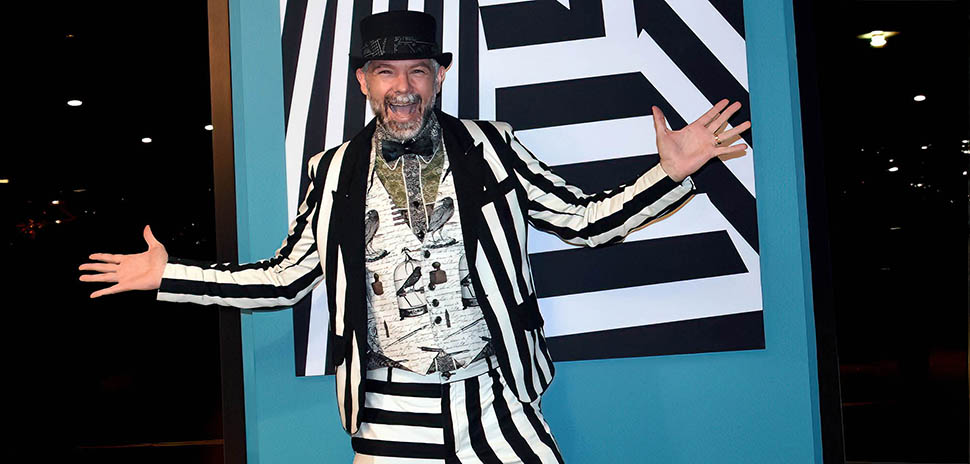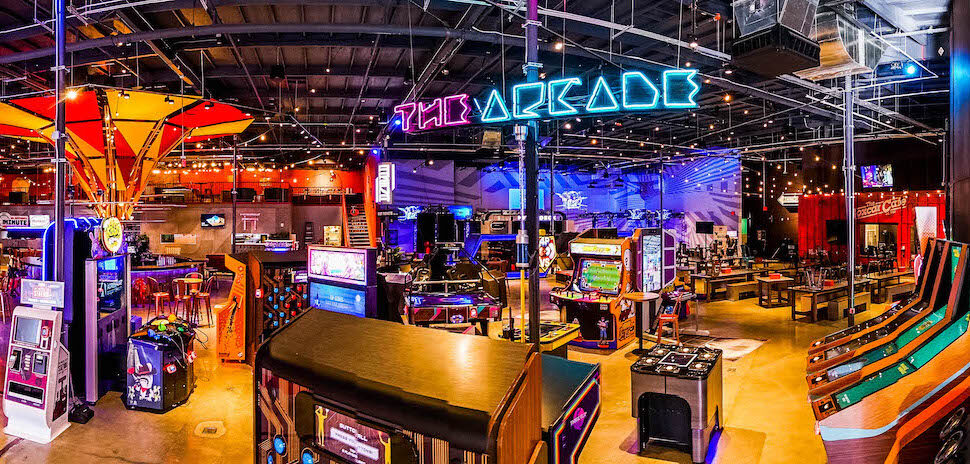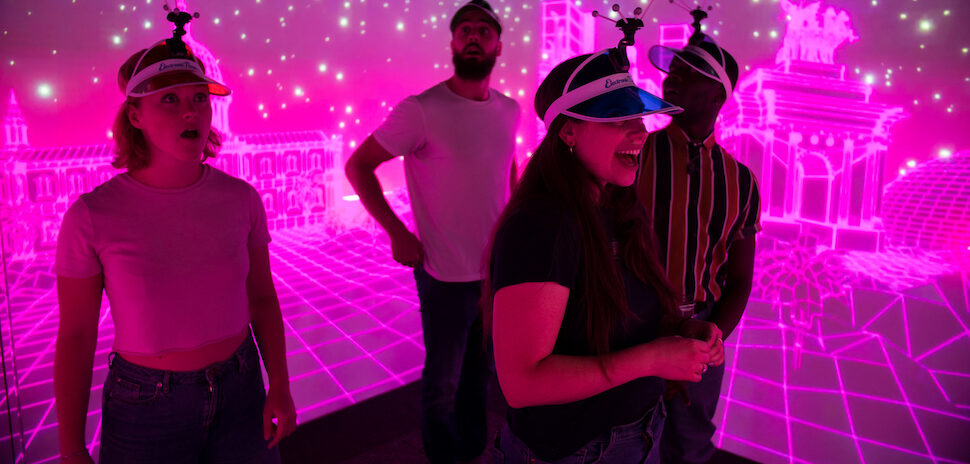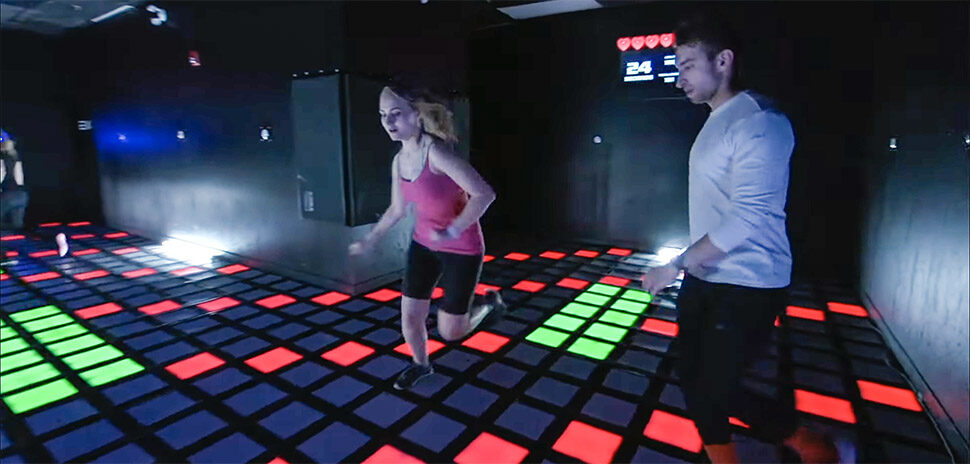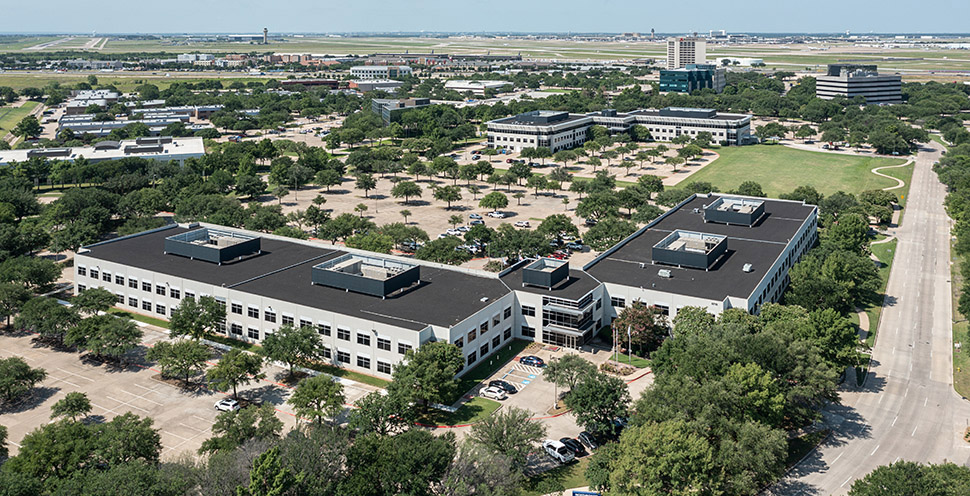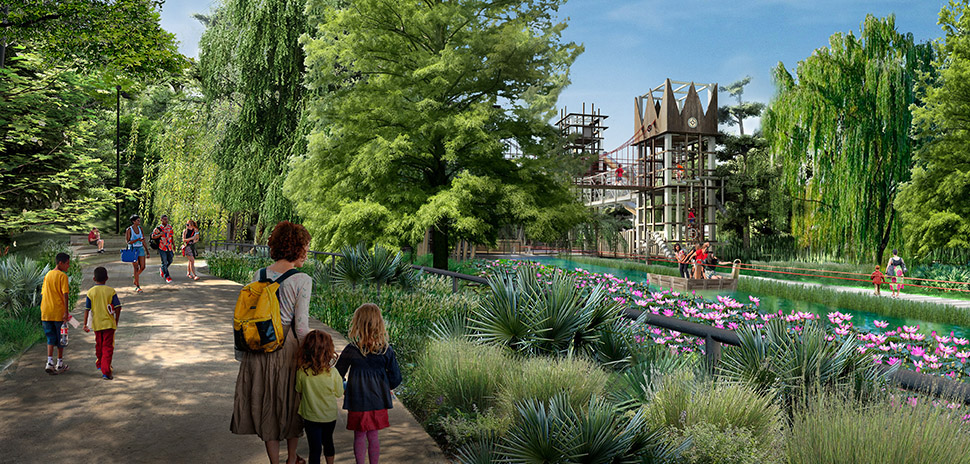“The only competition we have is Netflix and apathy.”
Brent Bushnell
Co-Founder and Chairman
Two Bit Circus
…on the official launch of Two Bit Circus’ indoor”micro-amusement park” at Dallas’ Shops of Park Lane.
—
After a soft open two months ago, Two Bit Circus officially launched on Tuesday at Dallas’ Shops of Park Lane, featuring 35,000 square feet of tech-enhanced entertainment. Attractions include arcade games; VR, AR, and “extended reality” experiences; “story rooms”; reimagined carnival games; and more.
There’s even a robot bartender named Guillermo, plus “classic carnival eats” to go with the “molecular mixology” cocktails.
It’s the second location for Two Bit Circus, a concept that originally launched in Los Angeles. “We’ve always known that the Dallas community is the perfect audience for our next location,” Bushnell said last spring.
After its first official day, Two Bit Circus had a launch party—and it was packed with investors from Capital Factory, many local startups, and innovators looking to don a VR headset and kill some zombies. (Topgolf executive chairman Erik Anderson is among the company’s other investors.)
Co-founder and Chairman Brent Bushnell flew in for the launch, as did co-founder and CTO Eric Gradman and CMO Andy Levey.
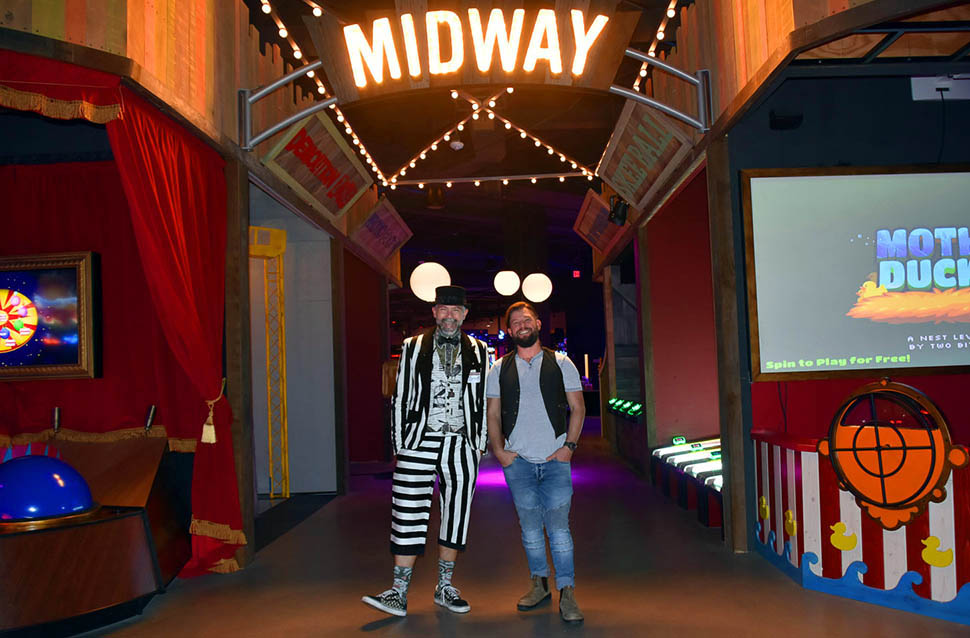
Two Bit Circus co-founders Brent Bushnell and Eric Gradman [Photo: Dallas Innovates]
Bushnell’s father founded both Atari and Chuck E. Cheese
Bushnell’s father Nolan founded both Atari and Chucky Cheese before the age of 40, so young Brent grew up as a “beta tester” for all their games and video games. In his early career, Brent Bushnell developed games for corporate sponsors and did activations for things like the Super Bowl. That led him to build a STEAM carnival—an educational component of STEAM education, to bring those types of games to kids. That’s when he and Gradman decided, “You know what, let’s have a permanent house for all this.” And Two Bit Circus was born.
Co-founders Gradman and Bushnell met almost 15 years ago. Both had “normal” engineering jobs before getting into micro-amusement. Gradman has a colorful history as a circus performer, professional whistler, roboticist, and inventor. He previously worked with a government contractor building robotics prototypes. Think DoD work.
“It was a really cool job,” Gradman told us at last night’s launch party. But, he says, Two Bit Circus suits his personality. Now that he’s creating things that are an entertaining blast for Two Bit Circus guests — and keeps them running in tiptop shape, Gradman seems right at home.
Bringing people together with multi-player games
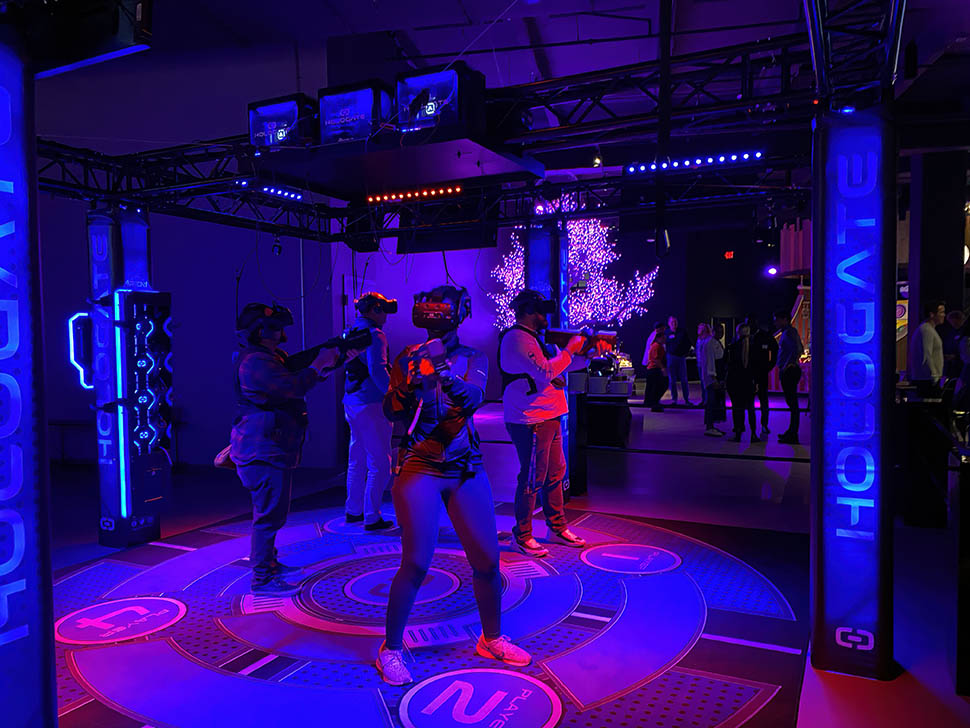
The HoloGate. [Photo: Dallas Innovates]
One thing we saw at Two Bit Circus last night was an endless series of groups strolling across the concrete floor, finding their way to everything from a Hungry Hippo game to a futuristic, vibrating, floor-shaking VR HyperDeck to story rooms (their version of escape rooms), where teams raced around doing things like saving an “operating room” dummy.
All that togetherness is part of the plan, Bushnell told us.
“In the amusement industry a lot of it is built around one-player games,” he said. “It’s industry lore that it has to be one player. That was one thing we sort of said no to. Most things here are multiplayer, and you’re gonna get two to four people together. That’s been a fun design constraint. But it’s important, especially after COVID, to get us all together live in person. We’re a little bit in the mental health business.”
The team creates 70% of the games at their ‘circus’—and VR and AR are driving attractions
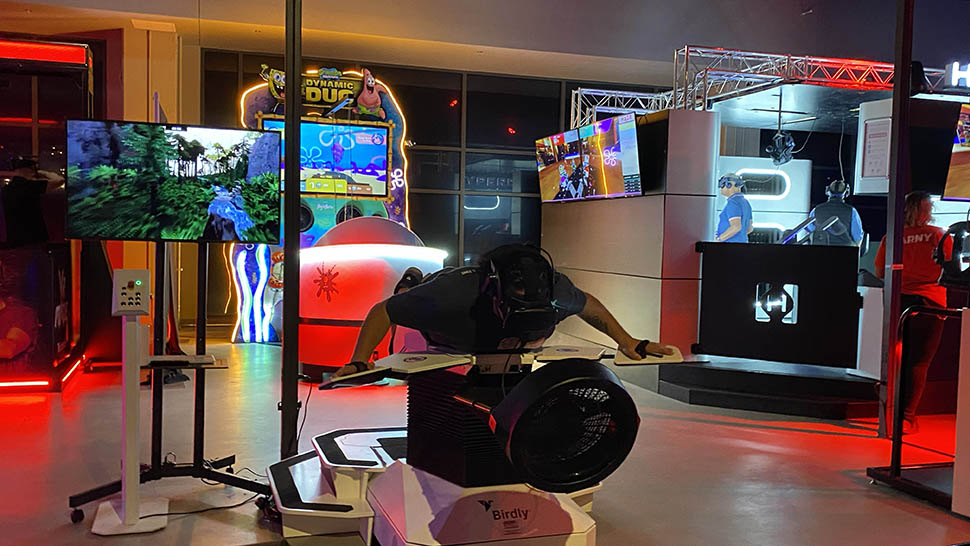
Flying an AR/VR dinosaur at Two Bit Circus. [Photo: Dallas Innovates]
CMO Andy Levey told us the company’s team created 70% of the games in the sprawling site.
“You remember Rampage, the video game where you have to knock down buildings?” Levey showed us a game with two actual wrecking balls that players can swing to wreak points-earning destruction. “This is the physical version of it. That’s the thing about our games—they’re really meant to be physical games you can play together.”
There’s also a real-life version of Candy Crush, a VR roller-coaster, and much more.
Bushnell said a lot of the fun at Two Bit Circus is watching people go to whole other worlds through VR—or experiencing that yourself.
Showing why humans are ‘hackable’
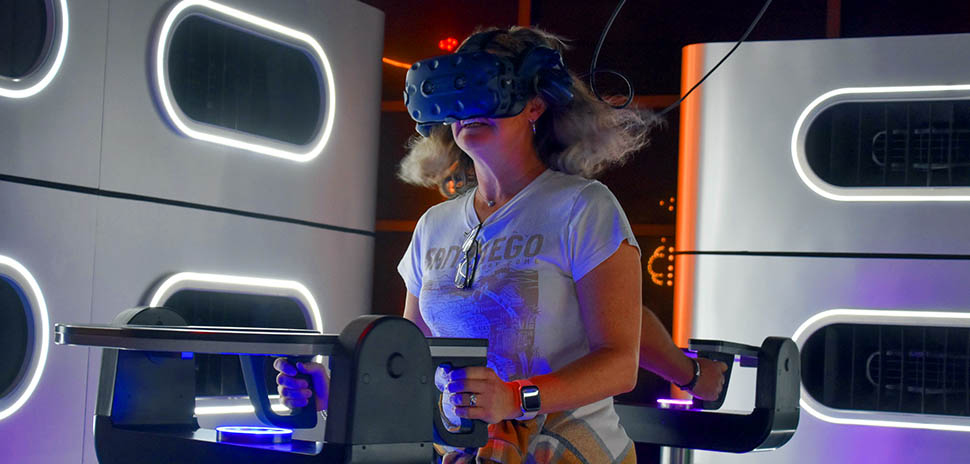
Two Bit Circus grand opening party attendee. [Photo: Quincy Preston]
“It’s amazing,” he said. “It shows the power of the mind—how hackable humans are, Because you’re standing on solid concrete. There’s no where your body can go in real life. But in VR, you’re holding on to a rope and a rickety ladder. It’s vibratory and all those things combined” make people feel they’ve escaped to another world.
“On the HyperDeck, people scream at the zombies. Your rational brain is like, ‘I’m on the ground. I’m in the middle of a mall, right? I’m fine—and then you get these VR zombies coming right at you and you’re in the game.”
There’s also classic old-school SkeeBall at Two Bit Circus, along with a cool retro-modern shooting gallery with pistols and rifles that electronically shoot down old-timey tin cans, rotating ducks, and other targets.
“Because, you know, we’re in Texas after all,” Levey said.
More scenes from Two Bit Circus:
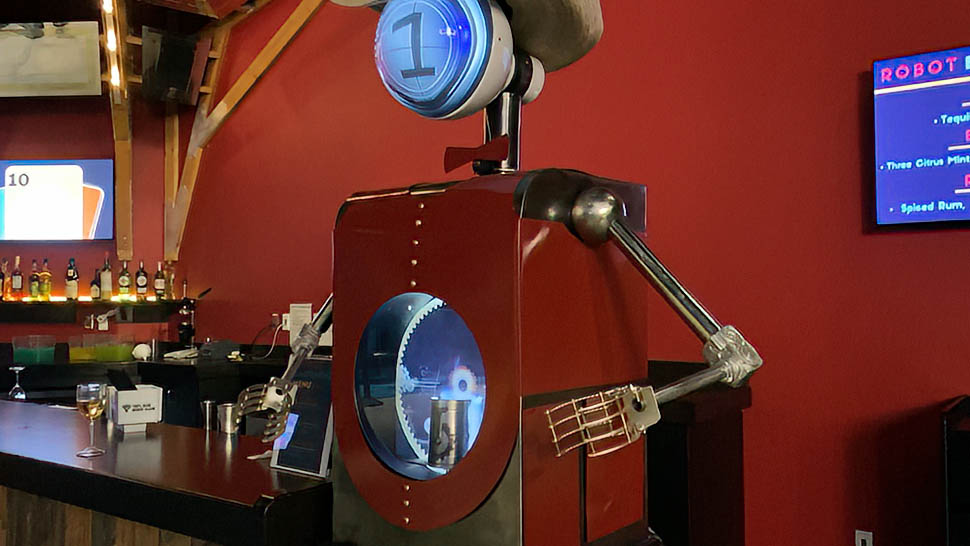
Guillermo, the robot bartender. [Photo: Dallas Innovates]
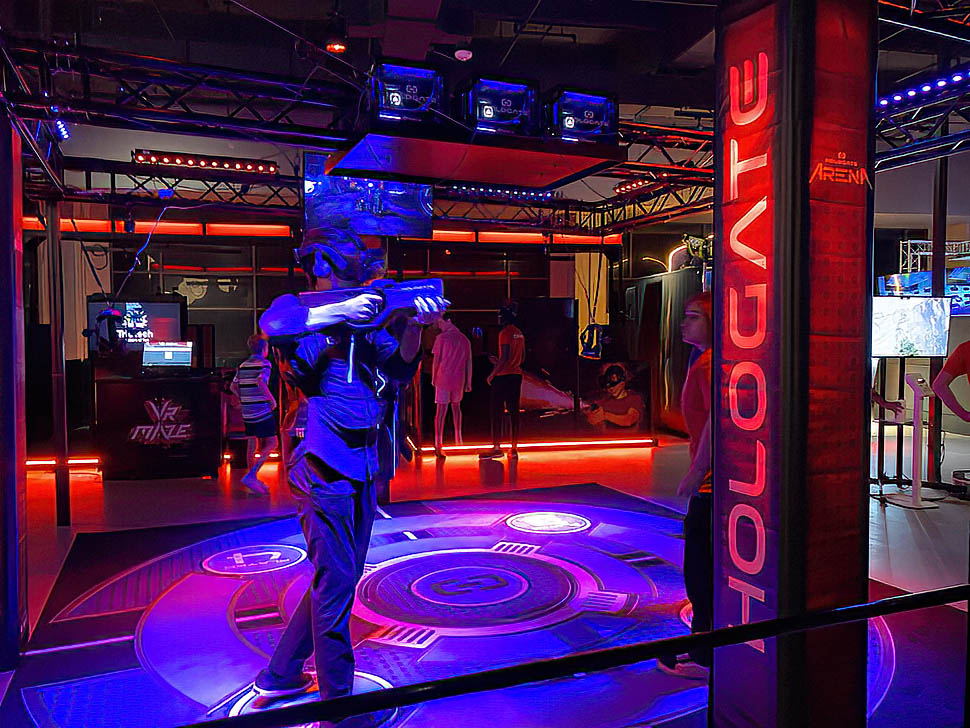
HoloGate at Two Bit Circus [Photo: Dallas Innovates]
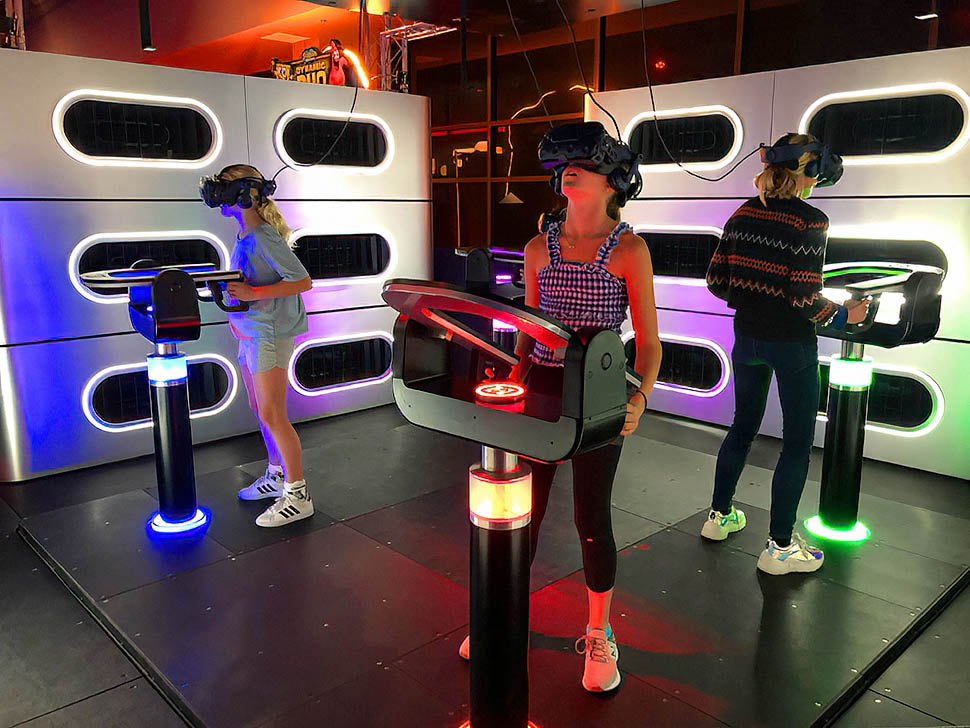
Two Bit Circus’ Hyperdeck [Photo: David Seeley]
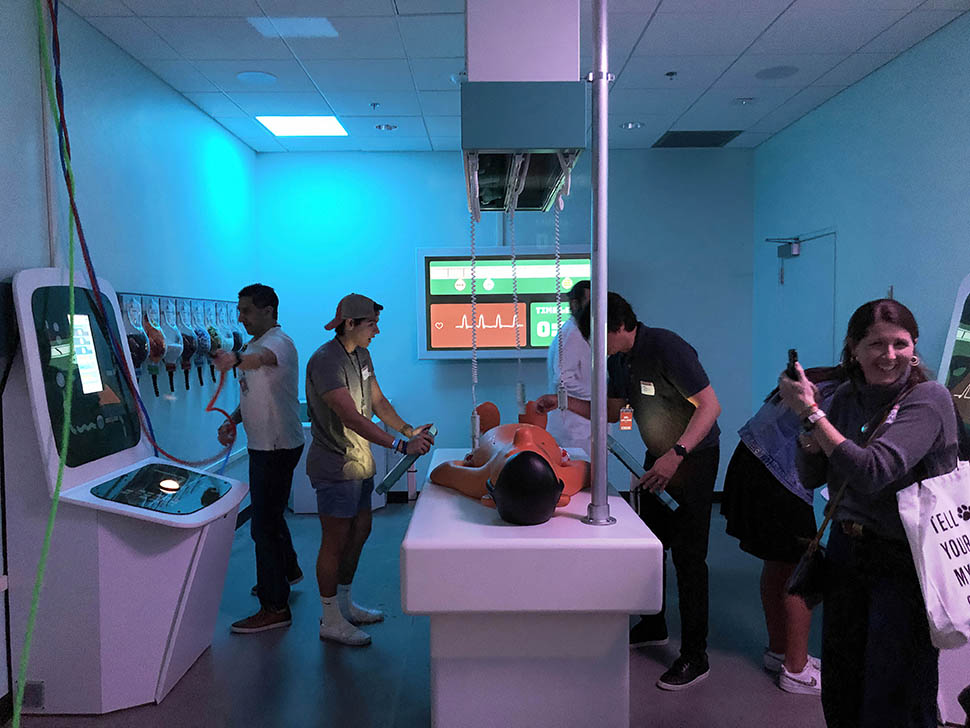
A “story room” at Two Bit Circus. [Photo: David Seeley]
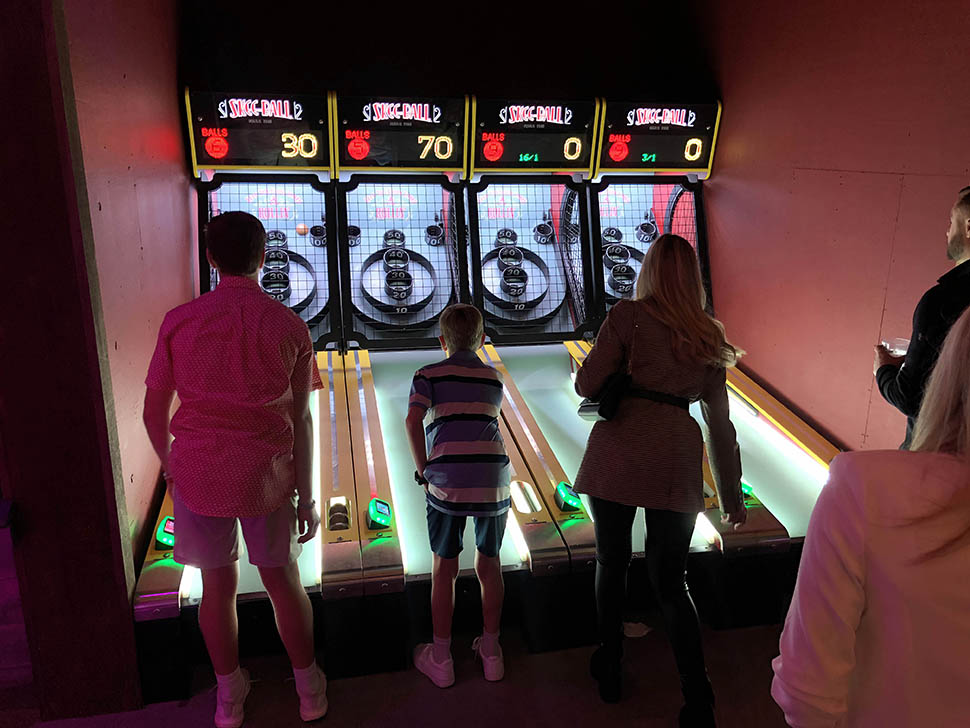
Old-school Skee-Ball at Two Bit Circus [Photo: David Seeley]
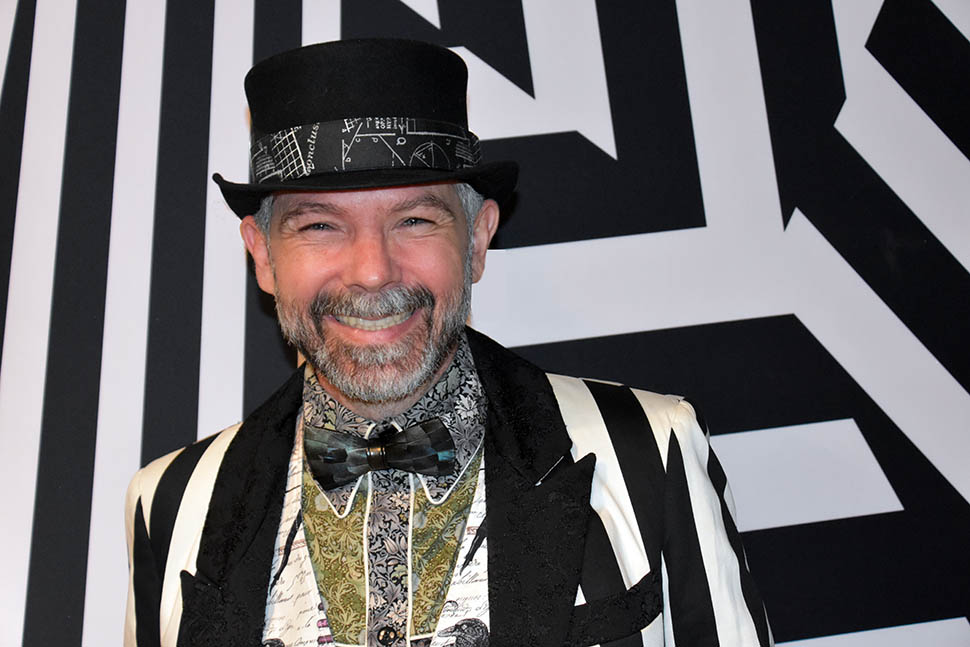
Brent Bushnell. [Photo: Dallas Innovates]
For more of who said what about all things North Texas, check out Every Last Word.
![]()
Get on the list.
Dallas Innovates, every day.
Sign up to keep your eye on what’s new and next in Dallas-Fort Worth, every day.










